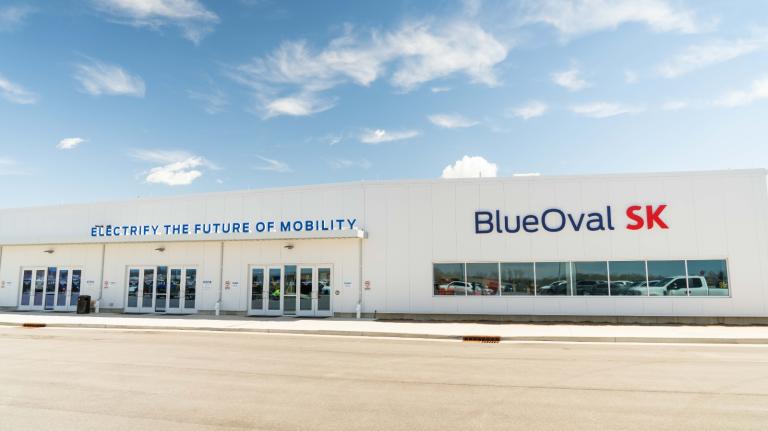To fight climate change, we need to reform the energy sector. Electricity (basically, burning coal at power plants) produces an estimated 30 percent of U.S. greenhouse gas emissions. So it’s crucial for your local utility to adopt clean energy — or make it easier for you to do so, like through solar panels on your roof.
Change is hard! And utilities are super boring! Humans are eternally resistant to both hard and boring things. But the first step to much-needed energy reform in your community, according to the Institute for Local Self-Reliance’s John Farrell, is to figure out the options for your own household.
Even if you don’t own property, checking out the options available to property owners is valuable. Looking into the process, costs, and tax incentives for installing clean energy is a way to figure out the barriers and opportunities.
Wow — I’m actually asleep! Are you? Well, wake up to these sweet incentives to talk to your energy utility.
SETTING: You, your bed (or couch!), and a bowl of your favorite treat. (This comes in shortly.)
CHARACTERS: You, an account executive at your local electric utility (or renewable energy specialist, if such a position exists), a local solar panel installer (Google that one, babe), and a local home energy auditor.
ACTION: You’re having three phone conversations. Against your best Mean Girls instincts, do not do this as a conference call.
Here’s why you want to talk to each of those folks: It’s always good to get a variety of opinions, and each one has a different area of expertise. You want to get a sense of which entities will be encouraging of and/or resistant to a change in utilities.
HERE ARE YOUR LINES:
- “I’m interested in powering my home with more renewable energy. What are my options?”
- “What kind of tax incentives for solar power are available to me?”
- “How does the city/utility do net metering?” (That’s when you get money credited to you for solar energy that your home gives to the grid.)
- “What are the community solar options around these parts? Do they exist?”
- “What do you consider the greatest obstacle to getting greener energy sources in this [city, town, etc.]?”
Did you just have to take a nap halfway through reading those questions? Good news. After each conversation, congratulate yourself on learning about something extremely boring but useful by eating a clementine, or twenty-seven Ruffles, or six spicy pickles. And through the powers of Pavlovian conditioning, you might no longer think it’s boring!
SURPRISE: Your work here isn’t done! Now you have a rough idea of a topic to discuss with a city councilmember. For example, you could ask tough questions about why your city has no community solar option! Remember to bring snacks, and you’ll find it pretty easy to make friends that will back you up on those questions.




